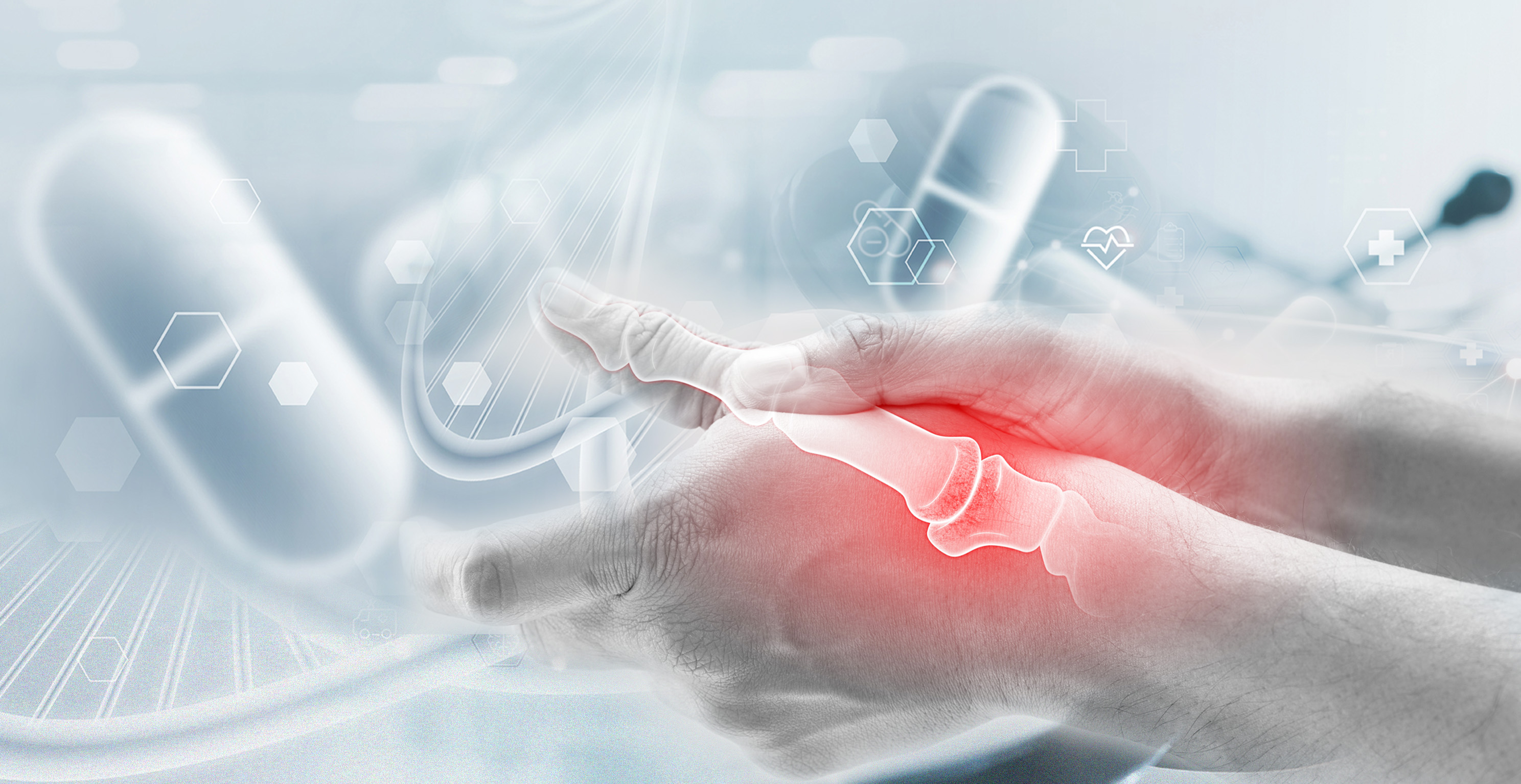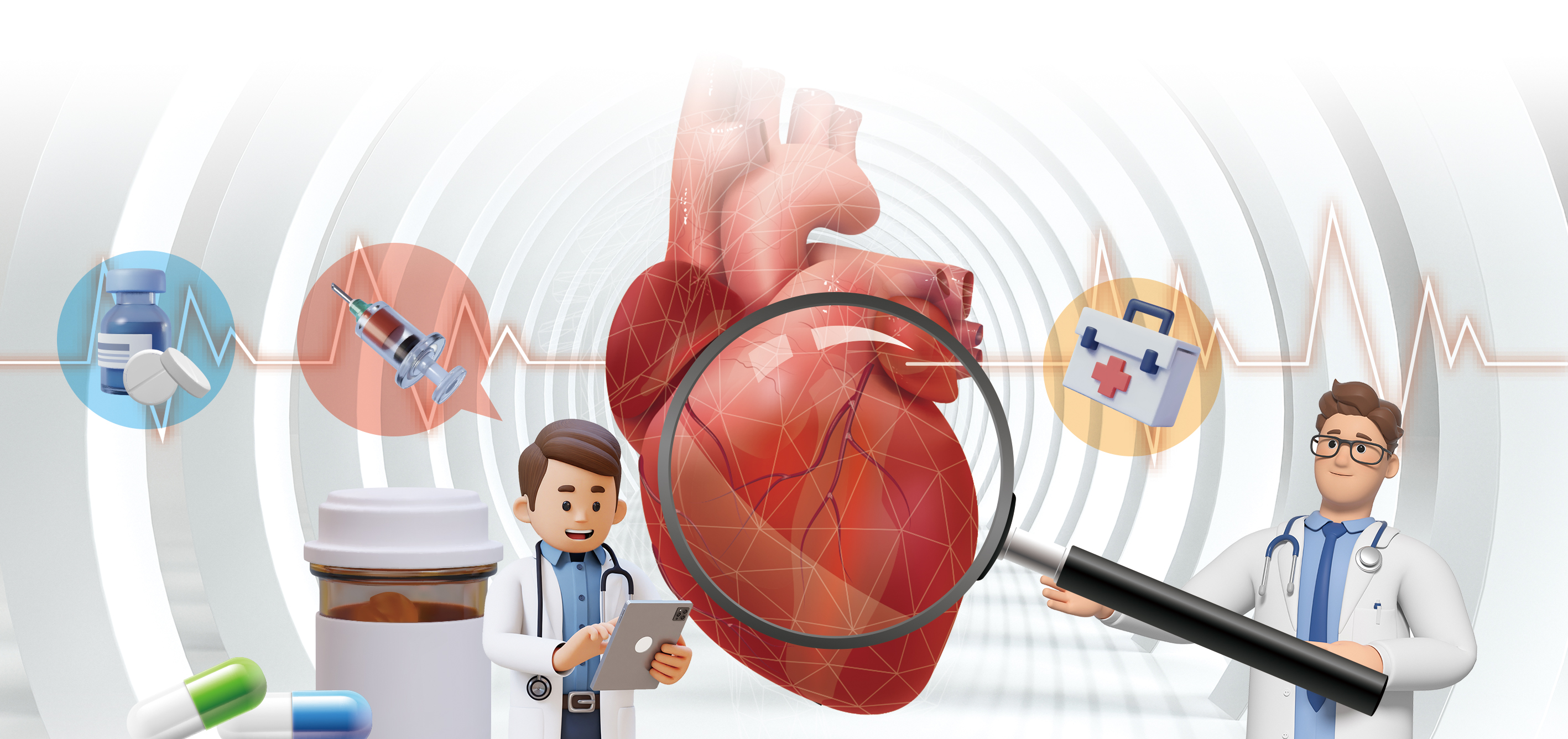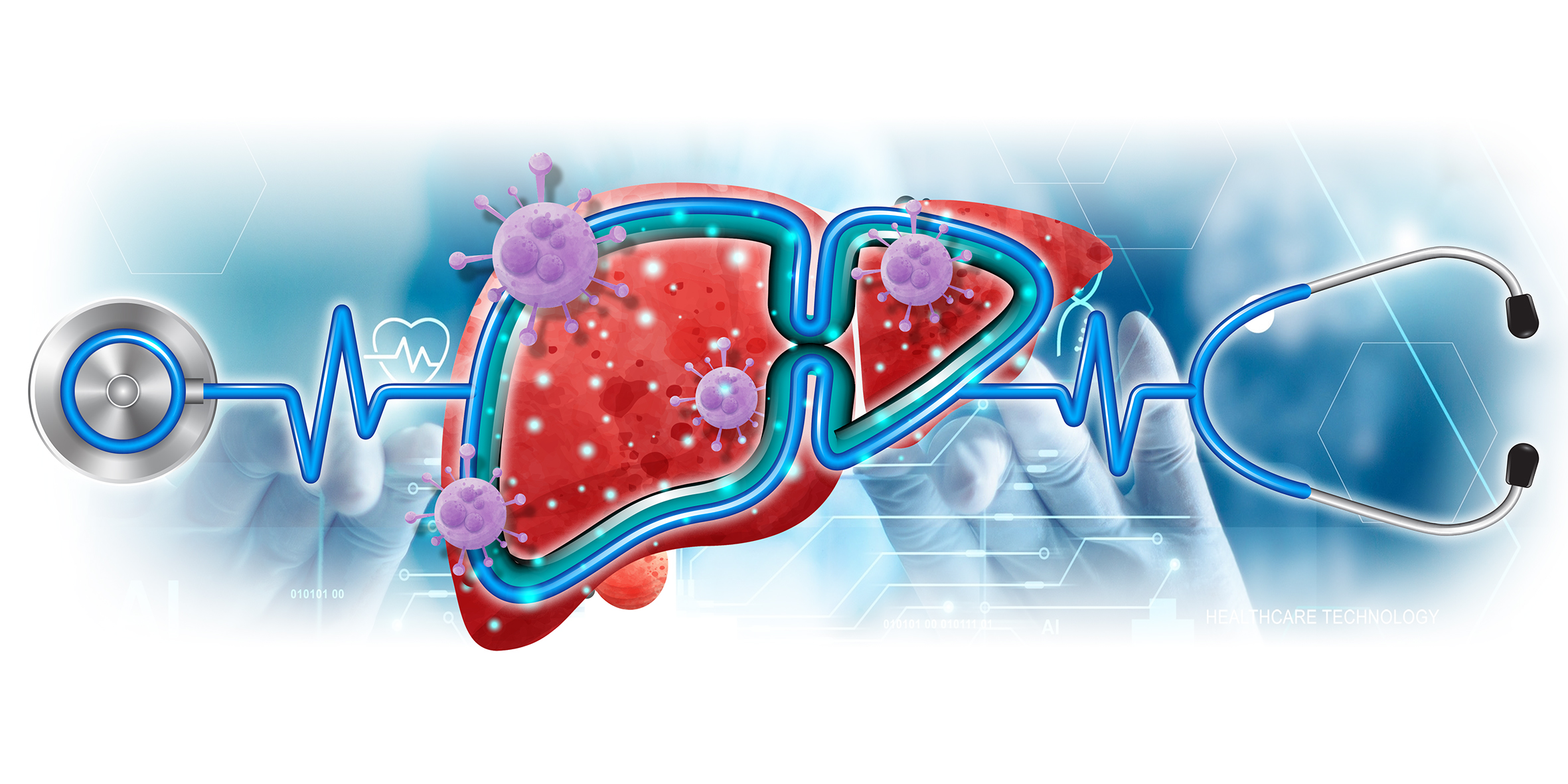
Addiction is generally characterised by neurotransmitter changes in the mesocorticolimbic system of our brain. While our reliance on internet and smartphones continues to grow, existing research on such technological addiction is still limited. In a recent comparative study, it is reported that youths with internet and smartphone addiction had higher gamma-aminobutyric acid (GABA) levels in the anterior cingulate cortex (ACC) than control subjects. This is notably correlated with higher depression and anxiety scores in subsequent psychological tests. Essentially, increased GABA levels can inhibit regular ACC functions, potentially causing impaired cognitive and emotional control. As a result, internet and smartphone addiction appears to associate with higher risks of psychiatric comorbidities, including depression, attention deficit and anxiety disorders. Nevertheless, cognitive behavioural therapies are found to be capable of lowering GABA levels, thereby effectively reversing and normalising adverse psychiatric conditions.
Keywords: Internet, smartphone, addiction, neurotransmitter change, depression
Reference
Seo HS, Jeong E-K, Choi S, et al. Am J Neuroradiol. Published online July 2, 2020.





